Your cart is currently empty!
Recommended External Resources on Mental Health & Trauma that are FREE
Why these resources?
I created this list for speech pathologists fairly new to mental health and trauma-informed practice. They were selected from the thousands freely available online for the following reasons:
- They are made by speech therapists or highly applicable to speech therapy
- They are trauma-informed (not all resources are trauma-informed just because they say they are) and contain practical strategies
- They are relatively easy to understand and follow and from reliable sources
Where should I start?
The below list is highly curated however there’s still quite a lot to sift through! If you consider yourself to be a complete beginner, start with the following:
- Podcast episode:
- ‘Mind Your Words – Children, Young People and Mental Health’ (see below for info)
- You can also check out the podcast episode I guest in ‘Mental health and trauma: Every Speech Pathologists Business’
- Article:
- ‘The Relentless Hurt of Trauma’ (see below for more info)
- You can also check out an article I wrote on LinkedIn titled ‘The Essential Role of the Speech Pathologist in Mental Health Teams’
- Online Course:
- ‘The impact of trauma on the child‘ (see below for more info)
Podcast Episodes
By speech pathologists for speech pathologists
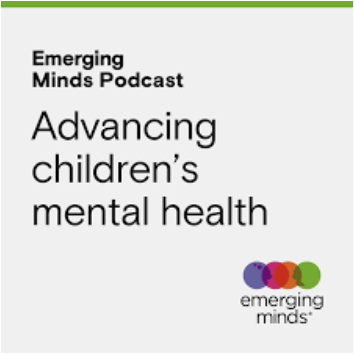
Emerging Minds Podcast
‘Supporting the Communication Needs of Children with Complex Trauma’ (part 1 & 2)
- Role of Speech Pathologist in mental health settings
- Relationship between language and trauma
- Multidisciplinary & collaborative practice
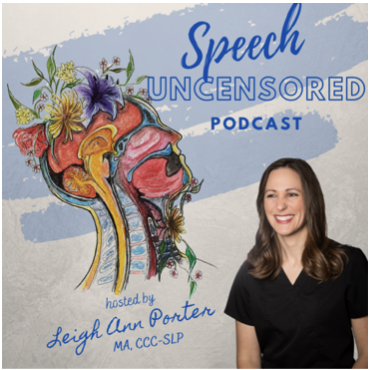
Speech Uncensored Podcast
‘Trauma Informed Care and the SLP with Rachel Archambault’
- !Content! – mentions gun violence
- What trauma informed care is & trauma sensitive language
- What can be considered as trauma
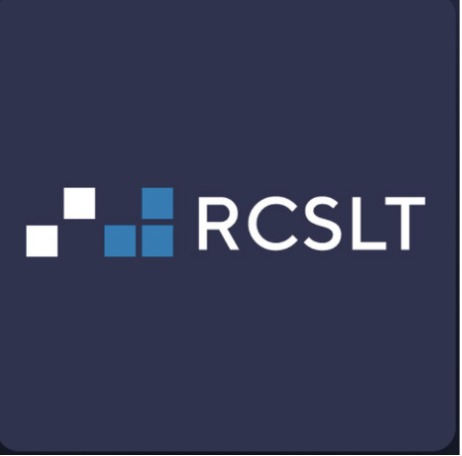
RCSLT Podcast
‘Mind Your Words – Children, Young People and Mental Health’
- Link between communication needs & mental health needs
- The challenges and misunderstandings
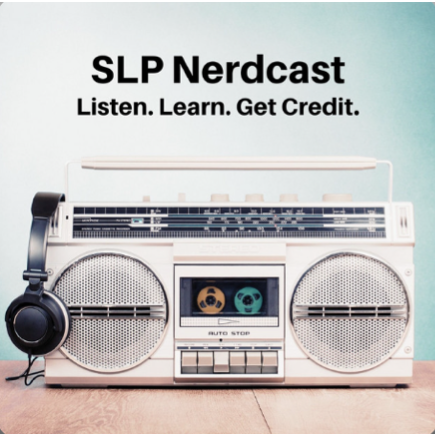
SLP Nerdcast
‘A Crucial Alliance: SLPs and Mental Health Professionals’
- Interprofession education & communication
- Professional boundaries & scope of practice
- Evidence-based practice in complex cases
Online Courses and On Demand Webinars
Not specifically for speech therapy but highly applicable

Emerging Minds Learning
The impact of trauma on the child
- 1 hour course
- Great introduction to impact of trauma in children for practitioners working with children
- Lots of other free courses to choose from

RCSLT
- 15 module course (10-15min each module for everyone working with children and young people
- What speech, language, and communication needs are and what social, emotional, and mental health needs are
- Practical strategies and accessibility of services

Orygen | Speech Pathology Australia
Understanding speech, language and communication needs in mental health
- 40min webinar focusing on practical case study
- The relationship between speech, language and communication needs and mental health for adolescents and young adults

Berry Street
A Clinical Conversation: Engaging with children who have experienced trauma
- 1hr 50min webinar for all professionals working with children who have experienced complex trauma
- Principles of a trauma-focused approach
- Culturally and developmentally appropriate services
Factsheets and Articles
Written by SLPs for SLPs
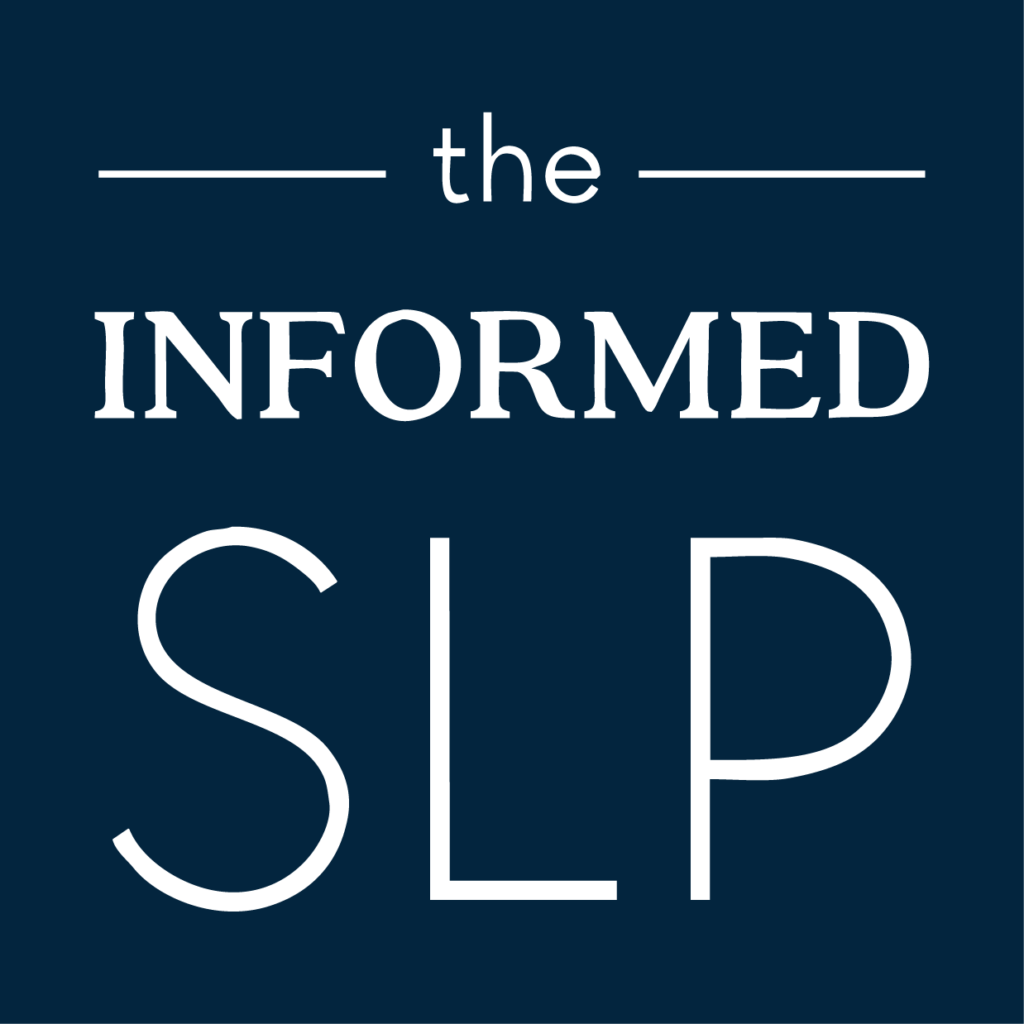
The Informed SLP
‘What does it mean to be trauma-informed?’
- The trauma-informed approach
- What SLPs can do

The Informed SLP
‘On trauma and language development’
- The research on language and trauma
- What SLPs can do

The ASHA Leader Live
‘The Relentless Hurt of Trauma’
- “Trauma is often hidden. But recognizing it and understanding its triggers can help us appropriately shift treatment of adult patients.”

The ASHA Leader Live
‘5 Strategies for Working With Rehab Patients After Medical Trauma’
- Applicable across settings and concerns
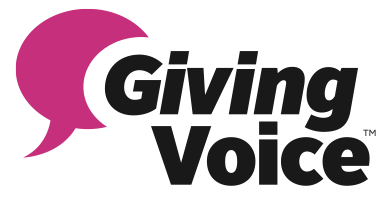
Giving Voice (RCSLT)
‘Supporting children and young people who have experienced adversity and trauma’
- How adversity, trauma & communication skills influence each other
- How attachment and communication skills influence each other
- How speech therapy can help

Giving Voice (RCSLT)
‘Safeguarding children with communication needs’
- Speech, language and communication needs and abuse
- Language and communication skills as a predictor of neglect
- Social-emotional consequences of speech, language and communication needs

Giving Voice (RCSLT)
‘Supporting adults with mental health conditions’
- Language, communication and mental health
- Swallowing and mental health
Where can I go for more in-depth training and support?
Once you’ve finished with the below, I recommend engaging in more in-depth (paid) training and support such as:
- Interdisciplinary supervision from a trauma-informed mental health clinician
- Clinical supervision from a mental heath and trauma-informed speech pathologist
- Attending a trauma-informed training course specifically designed for speech therapists (such as ones I periodically run)
I hope you find these free resources helpful and feel free to get in touch with any questions or feedback!
Kizzy Searle – Attuned Speech
